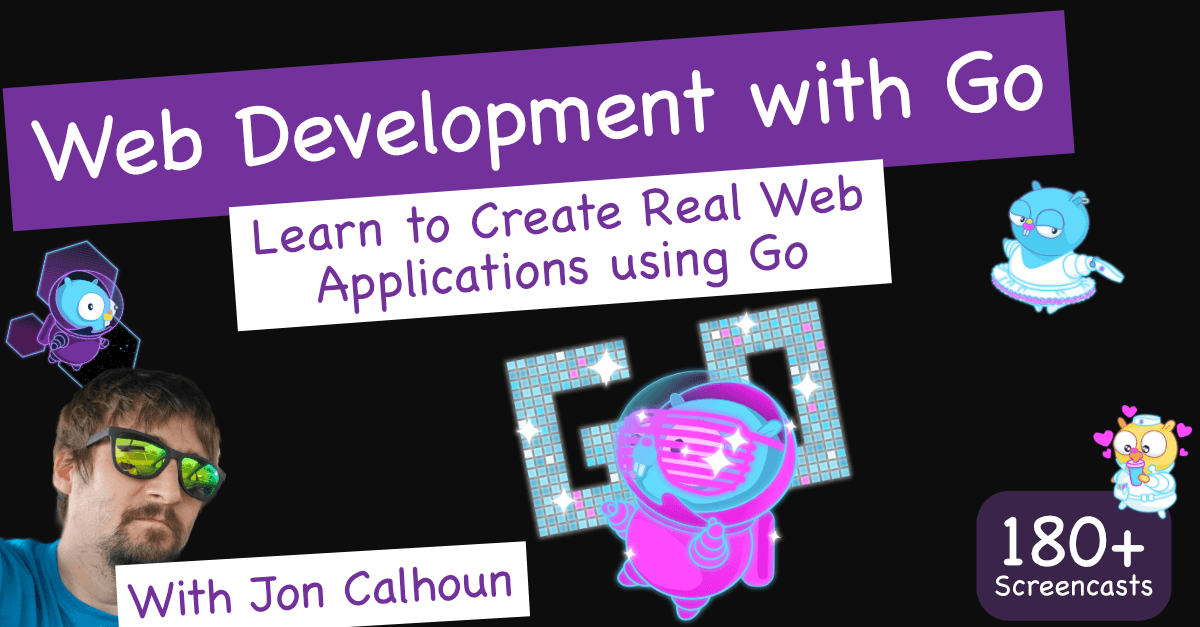
The ability to take what you learn and apply it towards a production codebase
So you want to learn TypeScript?
Here are some common approaches
- Random Blogs
It's not that blog posts are bad, it's that finding and piecing together unrelated yet up to date posts that form a linear, cohesive path to learning complex technical topics is hard. - Youtube Videos
It's happened to all of us, one moment you're using Youtube to learn about React's useEffect Hook and the next you're watching a "KIDS REACT TO PAYPHONES" video. Finding a high-quality, up-to-date YouTube video that effectively answers all of your questions on a JavaScript topic might actually be more difficult than finding a needle in a haystack. With so many videos and zero quality control, it’s easy to get sucked down the YouTube rabbit hole for hours without getting much learning out of it. - Live Workshops
You know what they say, the best learning happens sitting in a classroom for 8 hours at a time listening to dry lectures and working through practice problems that only serve to make you feel comfortable so you’ll feel like you learned something. Oh wait, no. No one says that. - Conferences
Things conferences are great for - networking, travelling on your company's dime, free swag, finding other companies to join. Things conferences are not great for - learning in depth technical topics that you will remember and put into practice literally 3 days later when you’re back at the office, quality wifi. - All-In-One Subscriptions
These are the larger companies that offer courses on seemingly every technology under the sun. We won’t name them, but chances are your company has a business subscription to at least one of them and chances are that you don’t use it much. Their courses are made by a wide assortment of third-party contractors and optimized for production quality, not educational value.
All our courses follow the same proven structure, optimized for knowledge, not the illusion of learning.
- Effort
We're obsessed with making the most effective developer education content on the planet. On average, it takes us around 1,900 hours to create a new course. While others prioritize quantity, we optimize for quality. - Non-Contextual Analysis
The first time you're introduced to a topic, any extra contextual information you have to process only serves as a distraction. Although it takes more time, our non-contextual analysis comes in two forms, video and text. This way, no matter how you prefer to learn, there's an option for you. - Quiz
Nothing fancy here. After learning about the topic you'll receive a quiz to make sure you have a solid conceptual understanding before moving on to the hands-on practice. - Non-Contextual Practice
Similar to the non-contextual analysis, context is everything. The first time you're hands-on with a new topic, any extra contextual information you have to process only serves as a distraction. This is why we first have you work through small, focused practice problems before you ever see the new topic in the context of a larger project. - Contextual Practice
You've probably experienced it before, you feel like you're learning so much going through a tutorial only to hit a wall once it's time to actually apply that knowledge outside of the context of the tutorial. All the non-contextual practice in the world is useless if you're not then able to take that knoweldge and apply it towards a (contextual) production level codebase.


